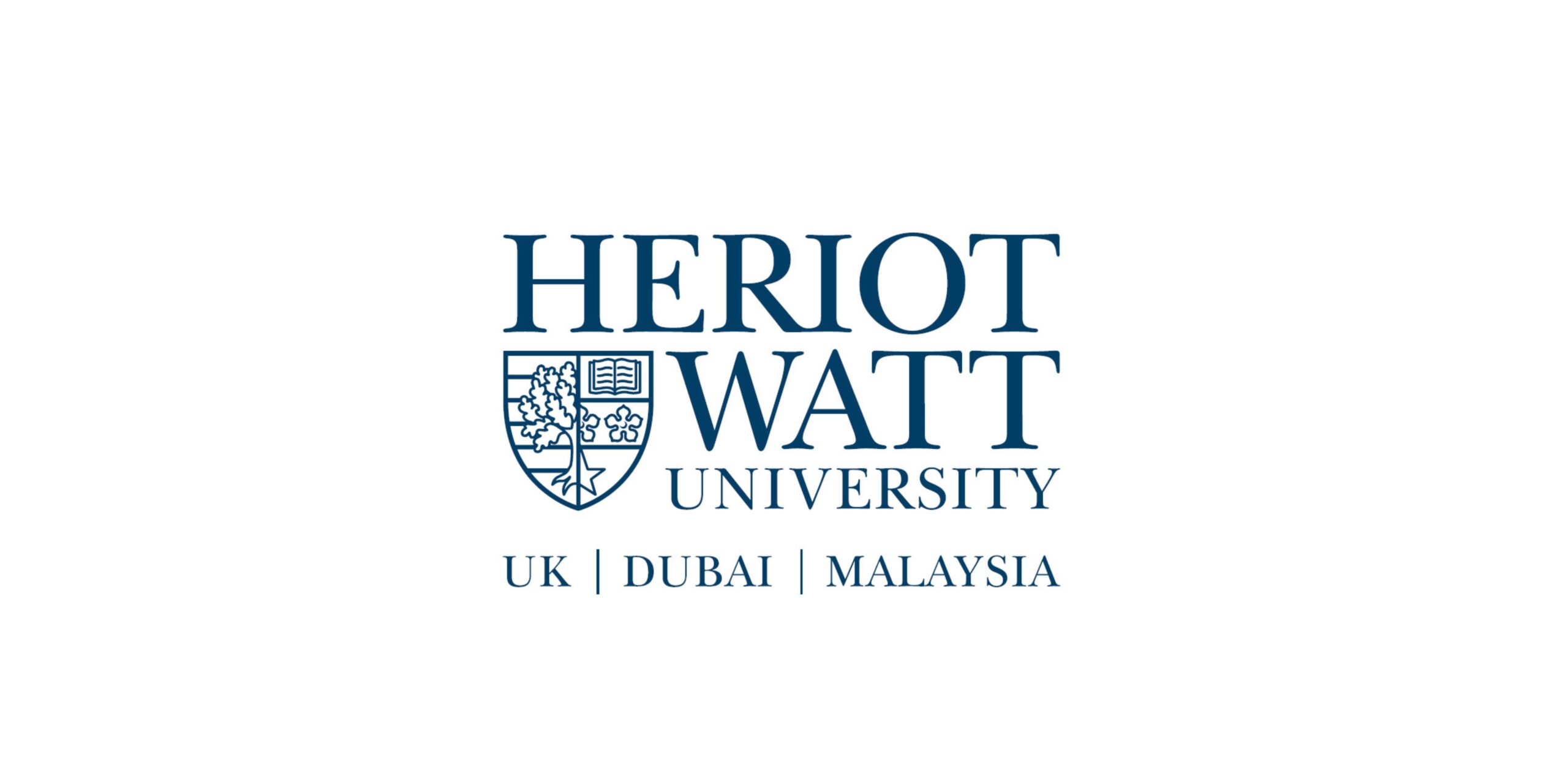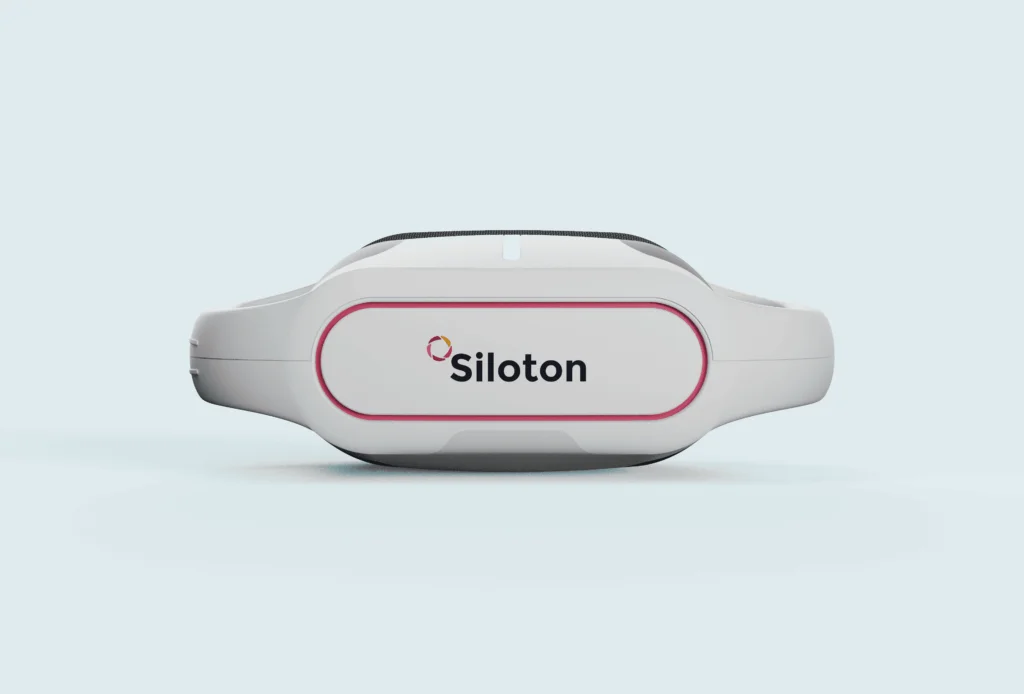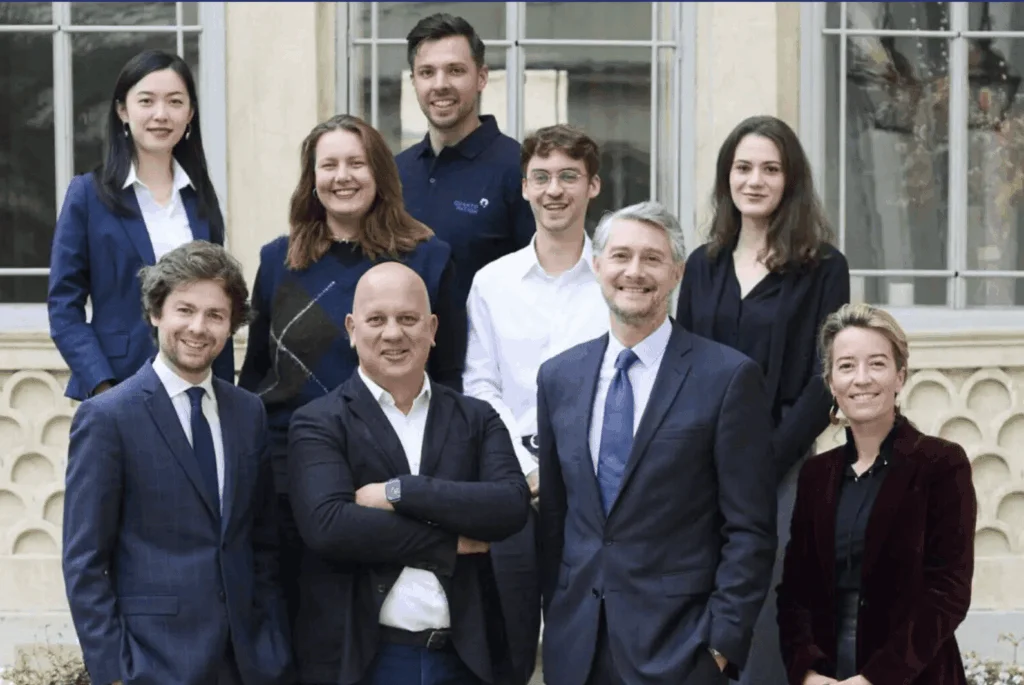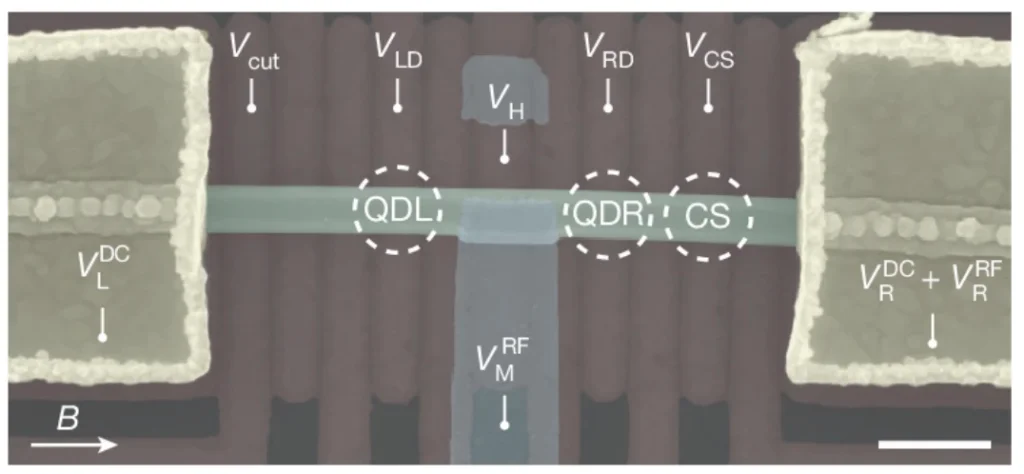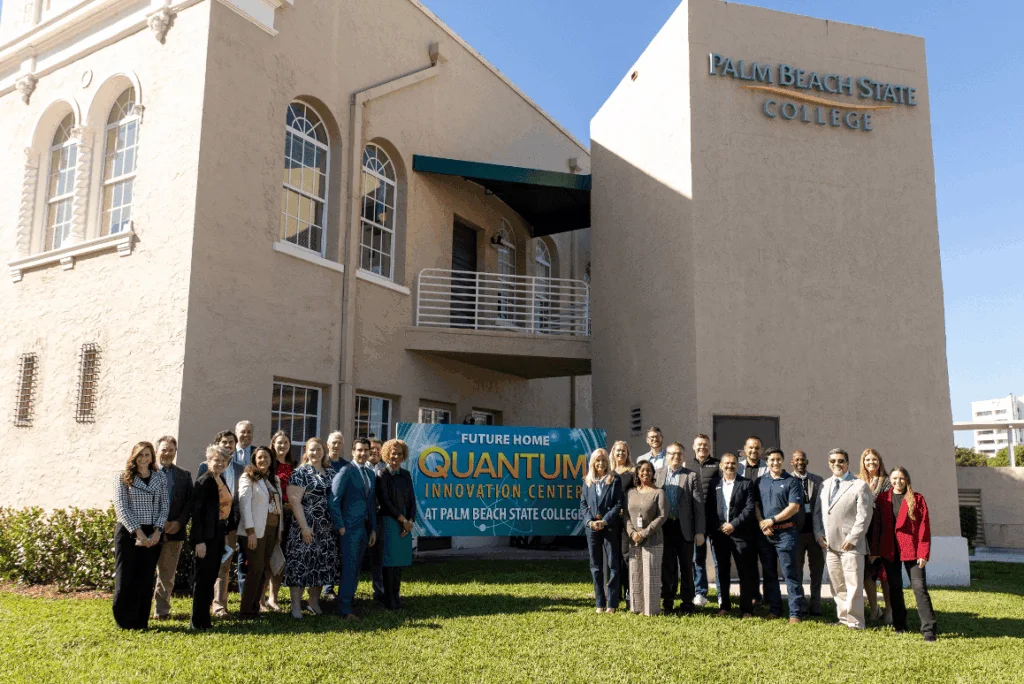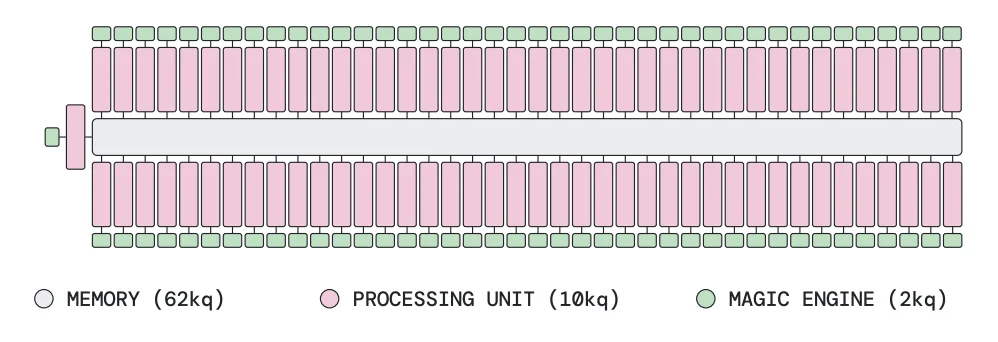Insider Brief:
- Heriot-Watt University secured funding for three projects under the £4.7 million (approximately $6 million) Photonics and Quantum Accelerator (PQA), a UKRI-funded initiative intended to advance Scotland’s photonics and quantum sectors.
- The PQA drives economic growth and workforce development, with Scotland’s photonics sector projected to grow to over £4 billion (approximately $5 billion) by 2030, by transferring academic research to industry and encouraging innovation.
- The selected projects include work on quantum photonic systems for secure data encryption, waveguides to mitigate atmospheric turbulence in communications, and autonomous semiconductor device assembly for advanced material creation.
PRESS RELEASE — In a recent blog post, Henriot-Watt University announced three officially funded projects under the inaugural Photonics and Quantum Accelerator (PQA), a £4.7 million (approximately $6 million) initiative intended to advance Scotland’s photonics and quantum sectors. According to the release from the university, the initiative, funded by UK Research and Innovation (UKRI) through the Engineering and Physical Sciences Research Council (EPSRC), brings together academia, industry, and civic bodies to support innovation and entrepreneurship in both of these emerging and complementary fields.
A Catalyst for Growth
The Photonics and Quantum Accelerator is expected to drive substantial economic and societal impact, with Scotland’s photonics sector projected to grow to over £4 billion (approximately $5 billion) by 2030. The initiative intends to accelerate the transfer of academic research to industry while supporting the development of a skilled workforce.
David Richardson, Chief Entrepreneurial Executive at Heriot-Watt University, emphasized the importance of collaboration, stating “At Heriot-Watt, we are committed to cultivating an enterprising research culture that drives innovation and delivers tangible economic and societal benefits.”

Heriot-Watt’s success highlights its role in advancing photonics research, as evidenced by its leadership in securing funding for three distinct projects addressing challenges in quantum communications, optical networks, and semiconductor devices.
- Quantum communications to enhance data security: Dr. Natalia Herrera Valencia is leading a project to develop an accessible quantum photonic system capable of creating cost-effective entanglement links over telecom networks. This technology underpins quantum encryption, a method of securing data by exploiting the principles of quantum mechanics, and supports interconnected quantum computers. According to the release, the system is already undergoing trials with British Telecom.
- Mitigating atmospheric turbulence: Another project, led by Dr. Ross Donaldson, focuses on overcoming a key challenge in optical and quantum communications: atmospheric turbulence. His team is developing a two-dimensional waveguide technology designed to stabilize communication between satellites and ground stations. This may contribute to more reliable and efficient satellite communications, with implications for both quantum and classical networks.
- Advancing semiconductor device assembly: In the field of materials science, Professor Brian Gerardot is leading efforts to prototype an autonomous semiconductor device assembly system. This machine, powered by photonic technologies, may enable the rapid and reproducible creation of advanced materials and devices, with applications across the photonics, quantum, and semiconductor industries.
Regional Collaboration to Propel Scotland’s Photonics and Quantum Economy
Heriot-Watt’s contributions are part of a broader regional effort that includes collaborations with other leading Scottish universities such as Glasgow, Strathclyde, and St Andrews. Together, these institutions, along with industry and civic partners, are building an intentional ecosystem meant to expand Scotland’s photonics and quantum economy. PQA’s four-year plan supports this with intentions to encourage entrepreneurship, enhance public engagement with photonics technologies, and develop a skilled workforce.
Richardson noted “Securing three funded projects in the first round of the Photonics and Quantum Accelerator highlights the strength of our approach and our ability to translate cutting-edge research into meaningful outcomes.”
With £3.2 million (approximately $4.1 million) in funding still available through the PQA, Heriot-Watt is well-positioned to continue driving progress in photonics and quantum technologies.

